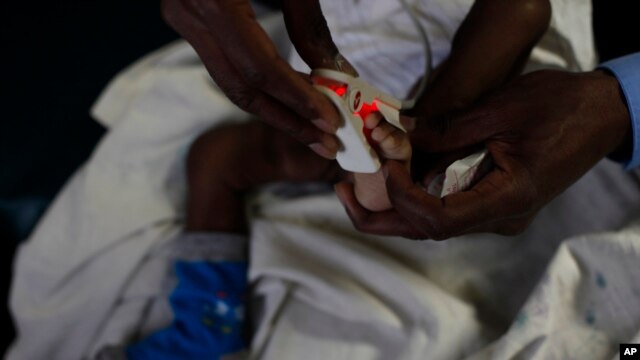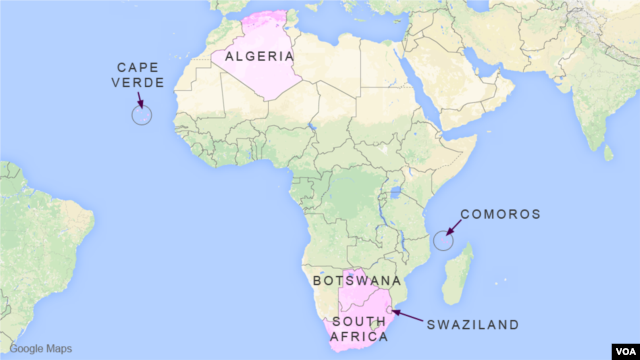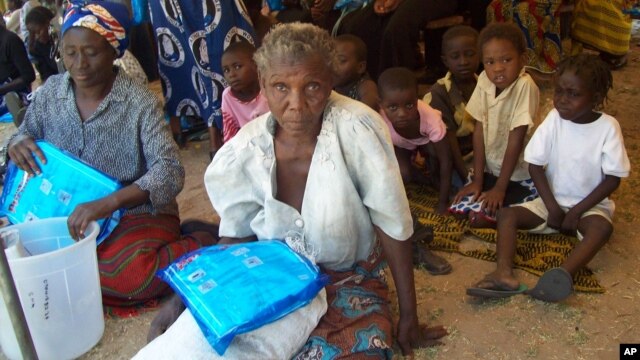NATO AIR
Senior Member
EXCELLENT article that I really think would do a lot of good for anyone who reads it. This kind of thinking is very mistaken, and limits both your opportunities and your potential.
http://www.forbes.com/columnists/columnists/global/2006/0109/035A.html
World's Worst Disease
Rich Karlgaard, 01.09.06, 12:00 AM ET
It's not cancer or AIDS or avian flu; it's a monstrously flawed idea. The sickest thinking--and the source of most of human misery throughout the ages--is based on the following beliefs:
The Earth is running out of resources;
People consume more than they contribute;
Wealth is a zero-sum distribution game.
History overwhelmingly refutes these ideas; otherwise, humankind would still be living in caves, sharpening spears for the hunt. Our lives would be brutal and short, lasting on average about 30 years. We'd enjoy no books, movies or iPods; we'd drive no cars to visit grandma over the holidays; we'd savor none of her gooseberry pie if the economic pie hadn't been growing all along.
Yet most politicians, economists and journalists act as if growth were a mirage and wealth a zero-sum game. What else accounts for last November's headlines yelling about GM's cut of some 30,000 jobs? Does the creation of 30,000 jobs get equal treatment? Why not? That's about how many jobs are born in the U.S. every six days.
Origins of the Virus
Why do so many opinion makers promote the zero-sum view? I think that politicians, even the best and brightest, become zero-sum thinkers because they occupy a zero-sum world. Only one person can be President of this country; only 50 can be governors; only 100 can be senators. The most creative entrepreneur in the world can't change these parameters. Politicians live in a world in which one person's gain is another's loss.
You'll also find most economists and professors in the zero-sum camp. Perhaps the competition for a limited number of tenured faculty spots warps their views. Princeton economist Paul Krugman typifies the breed. He apparently can't conceive of a world that is both growing and getting better. Consider the titles of some of Krugman's books.
The Great Unraveling: Losing Our Way in the New Century (2003)
The Return of Depression Economics (1999)
The Age of Diminished Expectations (1990)
It's no surprise that the top business thinker of the last 50 years, the late Peter Drucker, operated outside of the university system. Drucker, who had escaped Germany in 1933, was no Pollyanna and no stranger to evil. But he saw that evil had its roots in a belief system of limits. The Nazis believed there was room on the planet for only one ideology and one race.
Journalists at mainstream media organizations wallow in a zero-sum world: There can be only one evening television anchor and one top editor at a newspaper. All others are beta dogs. Thus from the MSM we get a staple of alarming stories about job losses, trade and fiscal deficits, global warming, the price of oil rising to $100 a barrel and so on. Zero-sum nonsense, all of it. Why does the mainstream media love environmentalists? Both groups share a zero-sum view of the world.
Meanwhile, much of the better journalism and commentary has been migrating to blogs. No surprise here. Anybody who creates a blog is: (a) an entrepreneur and, thus, probably NOT a zero-sum thinker; and (b) a producer first and a consumer second. These two attributes alone guarantee that the blogger has a clearer view of how the world really works than does the zero-sum thinker toiling away at his mainstream media position.
Television, vile on so many levels, is a carrier of the zero-sum disease: There is only one Survivor, one American Idol and a single-digit number who escape Donald Trump's wagging finger.
If you doubt TV spreads the zero-sum virus, think again.
"The most popular [TV] male leads of today stand in stark contrast to the unambiguously moral protagonists of the past, good guys like Magnum, Matlock or Barnaby Jones," writes Warren St. John in a Dec. 11 New York Times story. "They are also not simply flawed in the classic sense: men who have the occasional affair or who tip the bottle a little too much. Instead they are unapologetic about killing, stealing, hoarding and beating their way to achieve personal goals " (my emphasis).
Screwtape Letters for Business
Now that C.S. Lewis is back in vogue, one is reminded of a great Lewis book, The Screwtape Letters. In the book a senior devil, Screwtape, writes letters to his young nephew, Wormwood. Screwtape tells Wormwood how to tempt a client away from God.
Thought experiment: Let's suppose we have a Business Screwtape in our midst. How might this BS turn young souls away from enterprise and destroy hopes? Why not bombard clients with zero-sum thinking. Clients then could only:
Get their news from the mainstream media. Thus, the war in Iraq might be seen as a fight for a fixed pot of oil, not a struggle for a better future.
Get business ideas from newspapers and television. The emphasis would be on job losses and trade deficits and on businessmen as greedy polluters.
Get economic lessons from Ivy League economists. Clients would then learn about the horrible consequences of tax cuts.
Get history from books that portray Americans as victimizers, not as inventors and entrepreneurs.
A majority of Americans think the economy is performing poorly, and 40% think a recession is under way. Is there a Business Screwtape in our midst? Could be. He's doing a hell of a job.
Read Rich Karlgaard's daily blog at http://blogs.forbes.com/digitalrules or visit his home page at www.karlgaard.com


